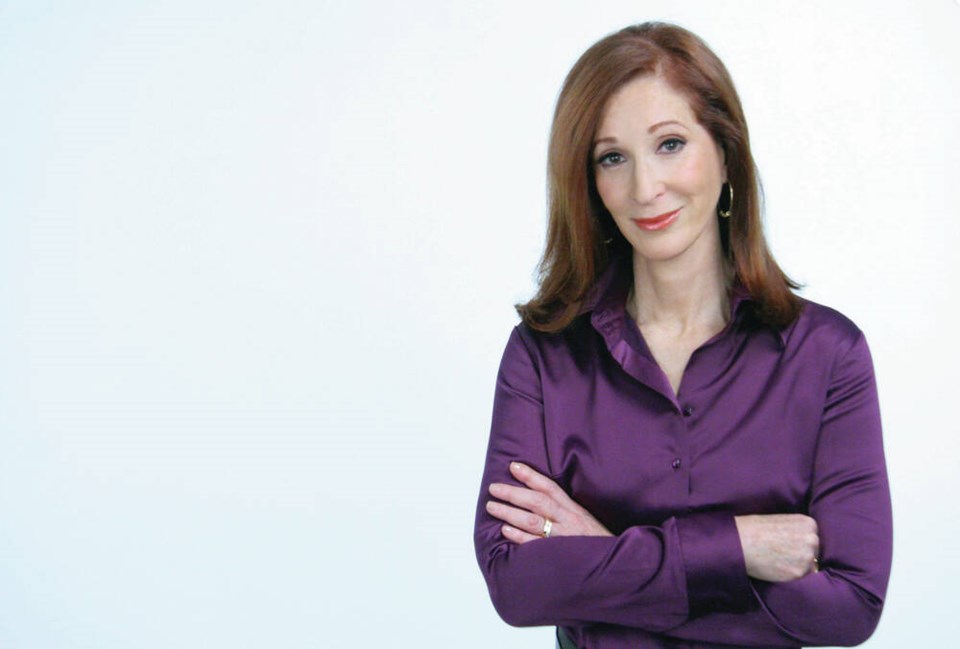“It is not love that is blind, but jealousy.”
Lawrence George Durrell (1912–1990) was a well-known expatriate British novelist, poet, dramatist and travel writer who understood the negative power of jealousy.
Durrell recognized that jealousy can become self-destructive. That’s because there are so many hurtful emotions involved when jealousy invades almost any kind of relationship. Too often, the jealous person becomes consumed with feeling deprived of what other people may have, achieve or desire.
One example I witnessed personally: A woman in her late 30s began to suspect that her husband was on “too-close” terms with another woman in their friendship group. The husband denied any flirting or wrongdoing … yet the woman purposefully broke up the entire group, due to her jealous suspicions.
Yes, jealousy can arise in any age group.
When in our 20s, I noticed that when some girlfriends began serious relationships with their boyfriends, blind envy noticeably appeared among some in their friendship groups.
Therapy has become an increasingly popular offering for individuals who seek help, even through Instagram, to deal with issues such as jealousy.
Says Toronto social worker Pam Perlis, who holds a master’s degree in social work and is an accredited family mediator: “Jealous people, who recognize that they have an issue, need to start utilizing tools that will increase their self-awareness, to work on their feelings of self-esteem and be able to reach out for help.
“If they have thoughts and emotions that don’t feel good, they need to be willing to dig in and recognize what’s triggering their desire for constant fight or flight.”
But jealousy is not only familiar in our society, it’s endemic.
For those who find direct meaning in Biblical references, the historic world of Cain and Abel was the first warning signal of the dangers of jealousy.
These first two sons of Adam and Eve were expelled from the Garden of Eden in the biblical book of Genesis, when Cain killed Abel because God accepted Abel’s sacrifice but rejected Cain’s.
Today, jealousy strongly persists in our modern world. We crave what others have created and, for example, overspend on products which don’t suit our true needs.
People suffering from jealousy need to recognize their own reality. And help is available.
It can start with self-reflection, asking oneself what’s triggering their constant desire for “fight or flight.” And recognizing that their current thoughts and emotions do not feel good. Instead, they are actually harming themselves.
Yet people often reject starting their own internal discussion and negate the possibility of getting professional help. They blame the cost of such therapy, though many companies offer some mental health benefits to their clients, says Perlis.
She also mentions that there is a plethora of free resources to help get one started in the self-help recognition field.
Though not everyone is comfortable sharing their inner feelings and fears, the process of recognizing inner pain is seen by Perlis and other mental health specialists as a potential opportunity to reach out for help for those willing to try.
Eden Dales is also a Toronto-based registered social worker. She considers feelings of jealousy as a significant aspect of what’s known as emotion-focused and cognitive behaviour therapy.
She agrees that feelings of anxiety can be discussed online, but if there are signs of psychological distress it’s “the person who needs the most support” who must be helped.
How? If a troubled and jealous person isn’t looking into their own negative feelings, Dales believes the issue for professional therapists is to become purposeful in spotting the client’s own signs of “avoidance,” feeling “depressed,” and recognizing that person’s clouded lack of self-awareness and insight.
Meanwhile, Lawrence Durrell’s quote from the past is clear: Jealousy “blinds” us from the realities we need to acknowledge, understand, and improve our inner beliefs about ourselves.
But the most significant question remains: How do we, as individuals, friends, life partners, or parents, teachers and guides, handle the signs and despair about jealousy that remain within ourselves or others?
One answer comes from inspiration, within our more current time:
“Flee from hate, mischief and jealousy. Don’t bury your thoughts, put your vision to reality. Wake up and live!” — Bob Marley
Ellie Tesher is an advice columnist for the Star and based in Toronto. Send your relationship questions via email: [email protected]



